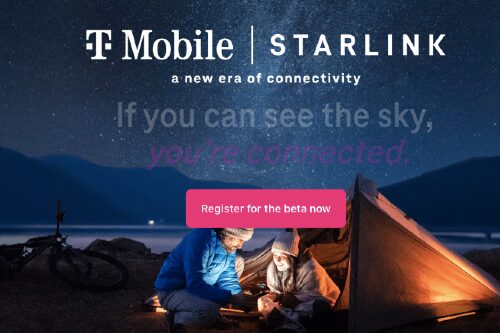Satellite Texting Is About to Be a Big Deal

You know that sinking feeling when your phone shows zero bars just when you need it most—whether you’re off-grid, on a remote highway, or just unlucky in your apartment? Satellite messaging services, like T-Mobile’s T-Satellite, are aiming to change that; and it’s not just a backup plan anymore. It’s becoming a serious business.
As reported by PhoneArena, industry analysts at Gartner predict that low-Earth orbit (LEO) satellite services will become a $14.8 billion market by 2026. That’s a massive leap, and it’s not driven by space fans or fringe tech. It’s people and businesses who just want their phones to work, even when there’s no cell tower nearby.
T-Satellite, launched earlier this year after a beta run with nearly 2 million users, lets T-Mobile customers send texts via satellite using Starlink’s growing network. That means it works even in areas where traditional signals can’t reach. Later this year, voice and data features are expected to roll out, taking it beyond basic messaging.
This shift isn’t just about cool tech; it’s about redefining what “coverage” means. Satellite-based communication used to be expensive, clunky, and limited to niche groups like hikers or rescue teams. But now? It’s coming to regular phones, regular users, and regular mobile plans.
Gartner’s forecast suggests a growing chunk of the market will come from people in hard-to-reach places; either by geography or infrastructure. That includes everything from remote homes and businesses to maritime workers and off-grid travelers. There’s also rising demand from connected devices, like drones and smart sensors, that need always-on communication even when land-based networks fail.
For everyday users, this means fewer dropped texts, more reliable emergency communication, and the possibility of staying connected in places where “no service” used to be a given. And for carriers like T-Mobile, it means tapping into a whole new revenue stream; one that could grow faster than traditional wireless.
So while most people aren’t thinking about satellites when they tap out a text, they might be relying on them soon enough. And with billions on the table, the mobile industry is all-in.
Source: PhoneArena
